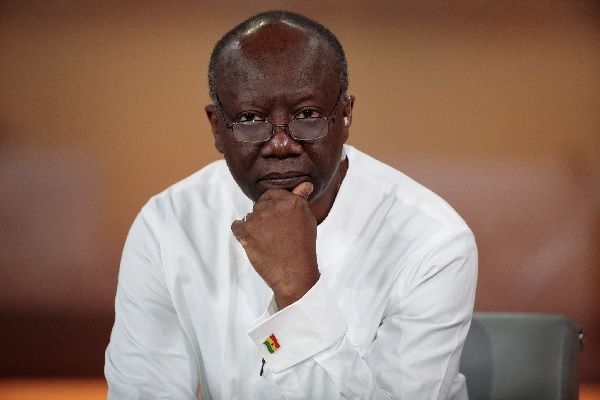
The cost of debt restructuring we didn’t anticipate
Over the past weeks, there is some growing discontent among the general public with the imposition of 21 per cent Value Added Tax (VAT) on end users of electricity in the country.
This comes on the back of an almost 70 per cent increase in especially electricity tariffs since last year.
And all these have happened within the context of our own programme to the International Monetary Fund (IMF) on how we hope to get ourselves out of the economic quagmire we find ourselves in currently.
To think that the investing public have had a” haircut” of 30 per cent on their investments, that ordinary Ghanaians have had to contend with spiralling food and non-food prices that hit its peak at 54 per cent the past year and to be hit with a new year “love letter” of 21 per cent VAT on electricity for some end users is just too much for any individual.
In recent times access to electricity has become an essential commodity and has transcended to become a human rights issue. However, it seems that electricity consumption is now becoming a luxury good and no more a public good beyond the reach of many Ghanaians. It makes nonsense of the policy to light up every corner of the country when people cannot afford such an “essential commodity”.
What is worrying is the fact that the very same individuals who have had their investments restructured are the very same group for which this VAT of 21 per cent on electricity is targeting. The whole middle or working class, the bulk of whom this government refers to as their voting base have had their incomes eroded or sharply dwindled.
It cannot be the case that the same group will always be the target of every tax burden for the entire nation while little is done to spread the tax net.
As one expert observed, it is as though, “the taxable population are being depopulated,” in order words, they are being squeezed out of every penny to make them poorer.
What is worse is, currently, the ECG itself is grappling with its migration to the digital space as complaints piles up about the inefficiencies in the system.
The projected consumptions for individuals on their app are mostly at variance with the actual readings- which then pushes individual consumption beyond their normal threshold. In effect you get pushed to another threshold where the graduated tariffs affect you whether you have actually consumed the power or not. We shall return to this subject another day.
On the back of this, many experts have called on the government to review its own expenditure by merging some ministries such as Transport, Roads and Railways into a single ministry for example as part of rationalising spending and showing the way in an austere economic time like this.
Government has been adamant. It is as though policy makers have become “dead goat” to the cries of the citizenry.
Government will point to a 10 per cent slash in salaries of appointees. If it is significant, it pales into shadow the 50 per cent erosion of salaries and pensions on account of the soaring inflation we saw last year.
This is not to say government appointees were unaffected by the inflation crises. The reality is that the pegs of their office is something every Ghanaian worker will die for. Free high valued executive cars, free fuel, free accommodation, free travels, free allowances, free car maintenance and a four-year ex-gratia payment among many others we cannot list here.
In effect they are insulated far away from the realities of the ordinary people.
Therefore, Graphic Business adds its voice to organised labour’s call to government to have a re-look at the 21 per cent VAT on electricity consumption. The ordinary Ghanaian is over-burdened if not stretched beyond our limits already.